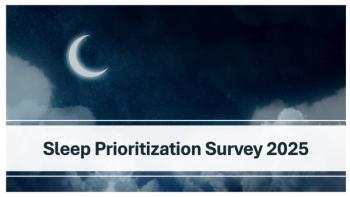
Sleep Restriction is More Stressful Than Sleep Fragmentation
Researchers compared cardiac effects of waking people up every hour to limiting them to five hours of sleep.
Sleep restriction but not sleep fragmentation increases the “fight or flight” response and could have negative effects on the heart, according to a
A team of German researchers recruit 20 healthy male volunteers (average age 40.6) to participate in a study that involved one night of sleep fragmentation during which they slept for eight hours but were woken up seven times by turning on a light on every hour. Another night their sleep was restricted to five hours (11 p.m. to 4 a.m.). The two intervention nights were separated by two recovery days and an 11-day “wash out” periods. The researchers, led by Julia Schlagintweit, used electrocardiography to measure heart rate and heart rate variability.
They found no significant difference in the cardiac activity during the fragmentation night and measurements during a baseline period. However, the measurements during the restriction intervention showed cardiac activity that is seen during the activated fight-or-flight response.
“Sleep restriction influences cardiac autonomic tone more than sleep fragmentation,” Schlaginweit and her colleagues concluded, using the term for part of the nervous system that regulates physiologic processes such as the heart rate and blood pressure. There is a shift toward higher “sympathetic” activity that is the fight-or-flight response and lower “parasympathetic activity,” or vagal activity, which occurs when the body is in a “rest and digest” mode, they wrote.
“This indicates,” they said, “that sleep restriction may cause more stress for the organism than a sleep fragmented night.”
Newsletter
Get the latest industry news, event updates, and more from Managed healthcare Executive.























